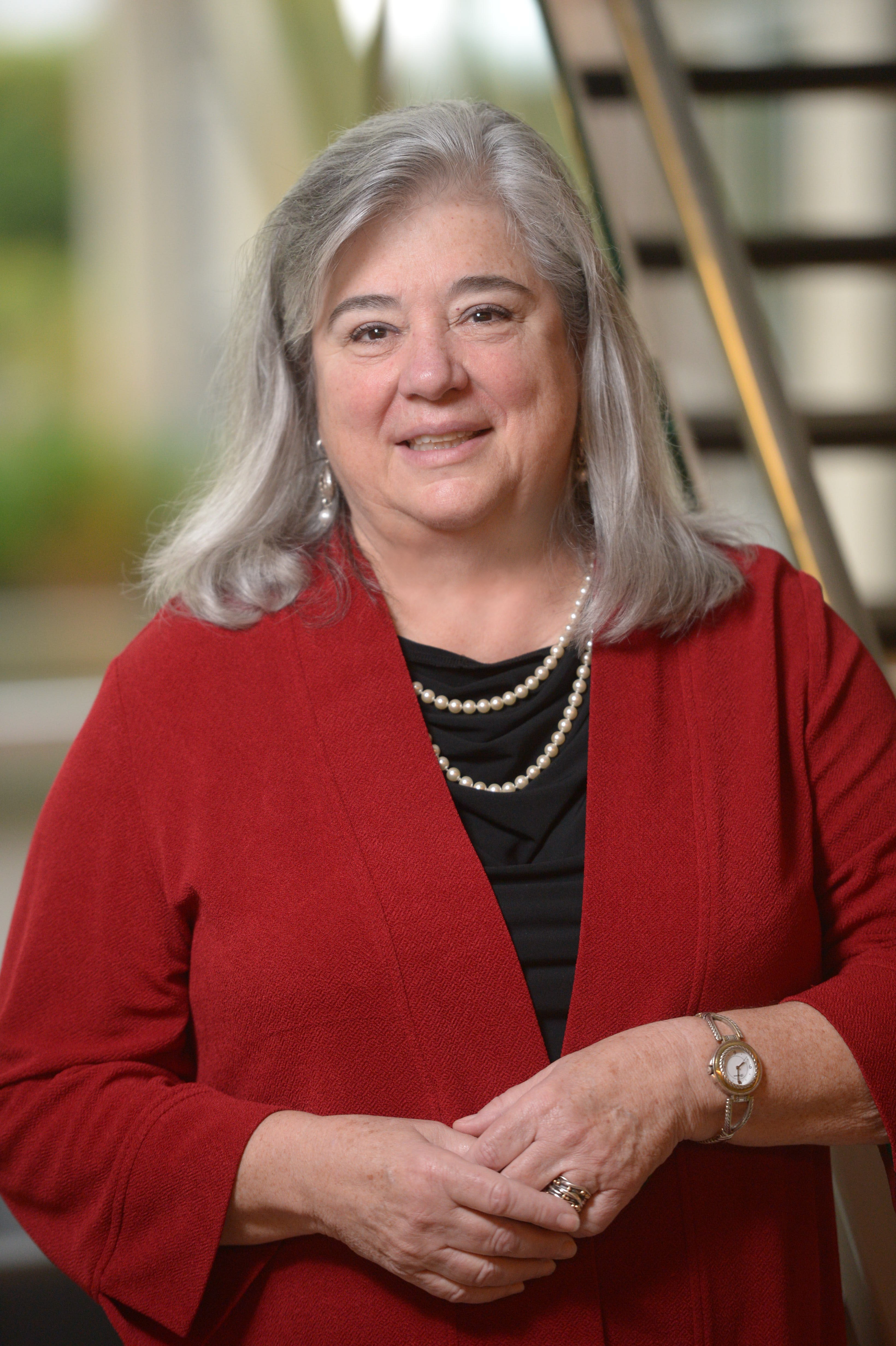
Each spring brings a flurry of annual meetings held by oncology organizations: Association of Community Cancer Centers (ACCC), American Association for Cancer Research (AACR), American Society of Clinical Oncology (ASCO), and ONS’s.
This year I attended all and was part of panel presentations at ACCC and AACR to bring the nursing perspective to the topics.
ONS has seen more invitations to participate in conference panel discussions, Capitol Hill briefings, and summits hosted by other organizations, thanks to the Society’s efforts to bring the nursing voice to the table. Our voice is essential in the conversations and work efforts about critical issues in cancer care. We also benefit from participating because we see what other professions and organizations are envisioning for the future.
As I participated in and attended these conferences, I saw that the role of nurses as a member of the cancer care team is respected and valued by others. For example, at the ONS Annual Congress and through discussions on our community platform, we see that nurses are leading the transformation of care in practices that participate in the Oncology Care Model. That was echoed in presentations and informal conversations at other meetings. The issue of physician workforce shortages has had increasing attention, and nurses are frequently identified as the profession to fill the gap. That may or may not be possible, given some of the forecasts for the supply of nurses 10 years from now.
Ancillary to the ASCO meeting, the Patient Advocate Foundation, which provides professional case management services to Americans with chronic, life-threatening, and debilitating illnesses, presented about financial toxicity in patients with cancer. One of the questions the group asked in a survey was with whom patients would want to discuss the costs of treatment. Although physicians often have this conversation with patients during treatment review, the survey respondents identified the care coordinator or navigator more than a physician or financial staff. That makes sense to me, given that many care coordinators or navigators are nurses and nursing is the most trusted profession.
These and other trends that the ONS Board of Directors and senior staff have been reviewing raise the question of how ONS can and must prepare oncology nurses and non-oncology nurses for the future. This is framing the development of our next strategic priorities. One part of our mission is to “advance quality cancer care.” To be successful with this, ONS must continue to extend our scope because people with cancer are throughout the healthcare environment. We could see a future in which people impacted by cancer may never be hospitalized or be treated in an infusion center.
Many of you are at the front line of clinical advancements and care delivery transformation. Your expertise, whether in generating the science that underpins practice, facilitating quality improvement using data, or developing new programs to support patients and their families, is vital for influencing the future of cancer care. As ONS prepares for the future in its strategic planning, your contributions are needed and valued. I encourage you to respond and comment when we ask for feedback about drafts of the goals and objectives. ONS is your professional home, and we all contribute to its future.





